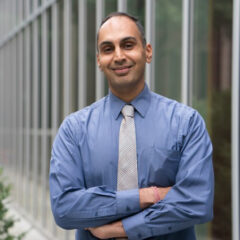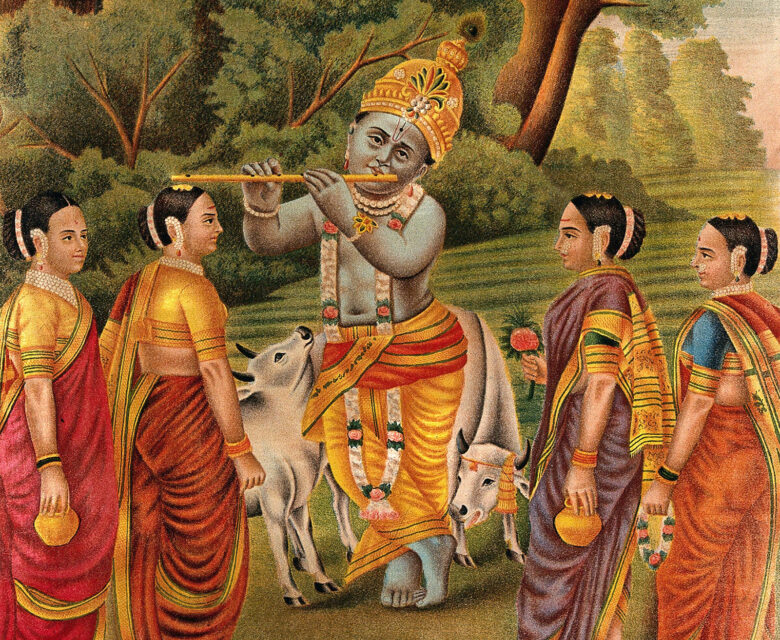(RNS) — It has taken me more than 40 years to stand up for my name.
In elementary school, my teachers and classmates called me Moo-RAH-LI. By middle school, it became MORE-LEE, and by college, exasperated professors gave up trying to call me by my name and simply said “Mo.”
I used to shrug off these various incarnations, content, as were the generations of Hindu Americans before me, to go along to fit in. But as a younger generation of Hindus has shown that it is ready to cast off that sense of shyness or shame, I have learned how much my name and my Hindu heritage mean to me.
Murali is a name for the flute of Lord Krishna, and I share it with many Hindus, particularly in Southern India or Sri Lanka, where it often appears as Muralidhar or Muralidharan, meaning one who holds Krishna’s flute. But when I was growing up in the United States, few people outside of the Hindu community had ever heard of it. It made me self-conscious, and my desire to fit in overrode my sense of identity. The pronunciations of the name evolved based on those circumstances.
My dad was given the name “Ken” in the 1970s by one of his Indian colleagues, who said white Americans would not want to try to pronounce Kodumudi, the name of his village in the southern Indian state of Tamil Nadu that became his first name when he immigrated to the United States. Similarly, many of my father-in-law’s Guyanese friends and family call him Norman, the Christian name he was given in order for him to get an education and jobs during British rule.
I never faced those hardships. I kept silent about the way my name was butchered because I didn’t want to stir the pot. While I made small attempts to reclaim my name over the years, it wasn’t until I had my own child and found myself making sure others pronounced his name that I came to question my unwillingness to stand up for mine. I came to realize I don’t have to run away from my name.
The correct pronunciation is either MUHR-LEE or Moo-re-lee, depending on whether the speaker’s tongue is Indo-European or the Dravidian language of southern India. The name is thousands of years old, and it deserved more respect than allowing Anglicized pronunciations or nicknames devised by others.
Embracing my name and its pronunciation has also become an article of faith for me. I know many Hindus in my generation who want to accommodate others’ reluctance to pronounce names that don’t sound familiar. Their shame is grounded in being othered for so many years. They’ve become hypersensitive to being perceived as outsiders.
Those fears even drive some Hindu parents to name their children non-Hindu names, taking the path of least resistance and hoping for easier access to a non-Hindu environment, rather than taking pride in their heritage.

Murali Balaji. Photo via LinkedIn
I can’t speak for them, but I’ve stopped running away from my name and have embraced its religious significance. It’s taken me well into my 40s, but I’m finally at peace with how my name is truly meant to be pronounced.
(Murali Balaji is a journalist and a lecturer at the Annenberg School for Communication at the University of Pennsylvania. His books include “Digital Hinduism” and “The Professor and the Pupil,” a political biography of W.E.B. Du Bois and Paul Robeson. The views expressed in this commentary do not necessarily reflect those of Religion News Service.)





